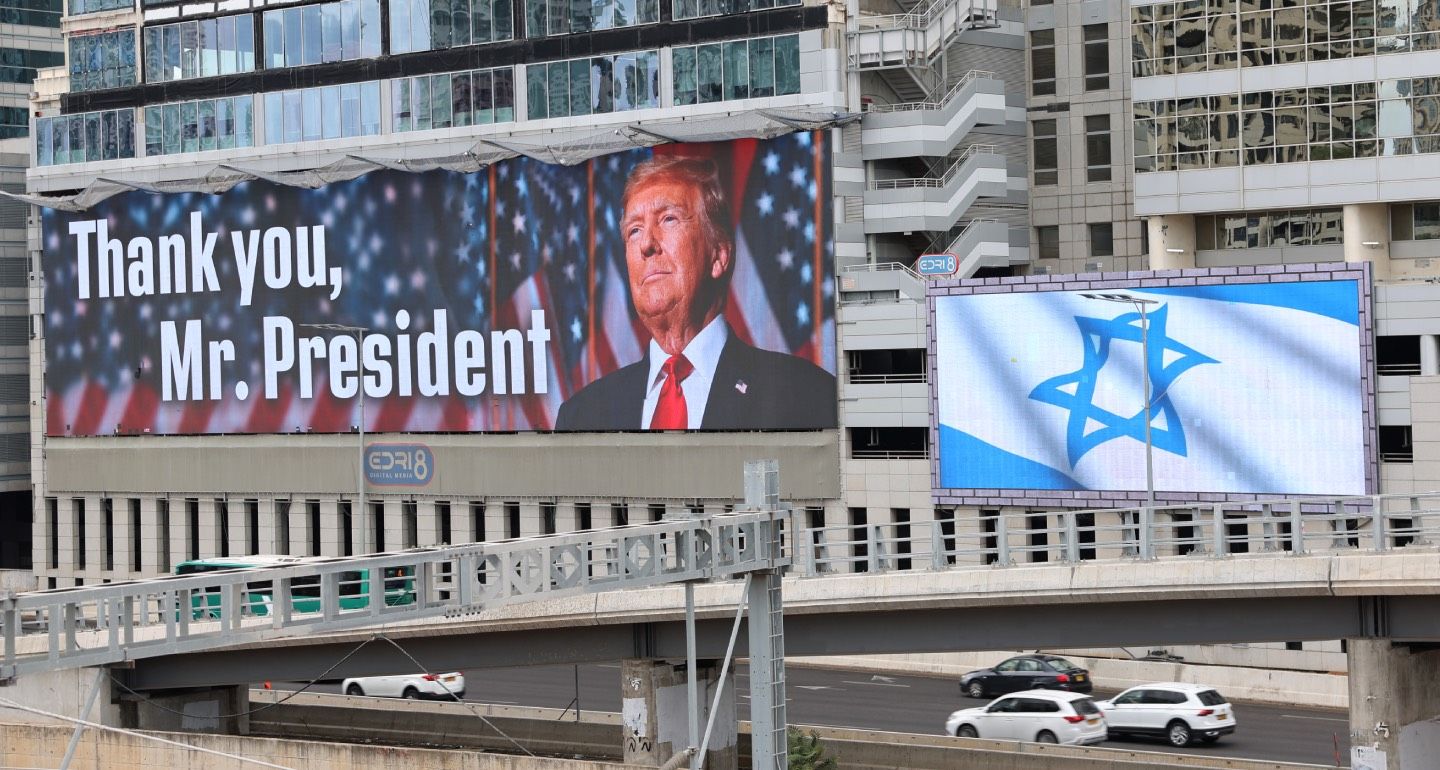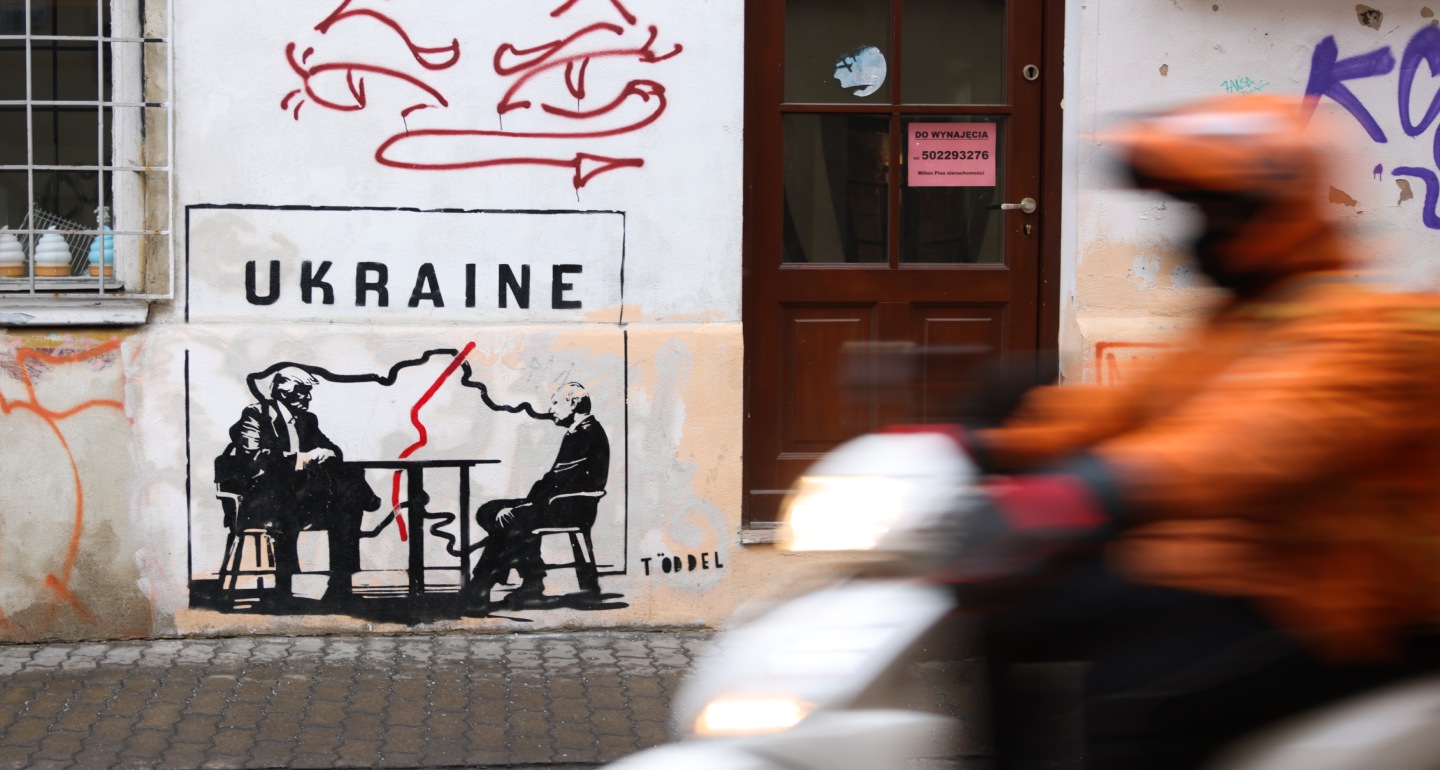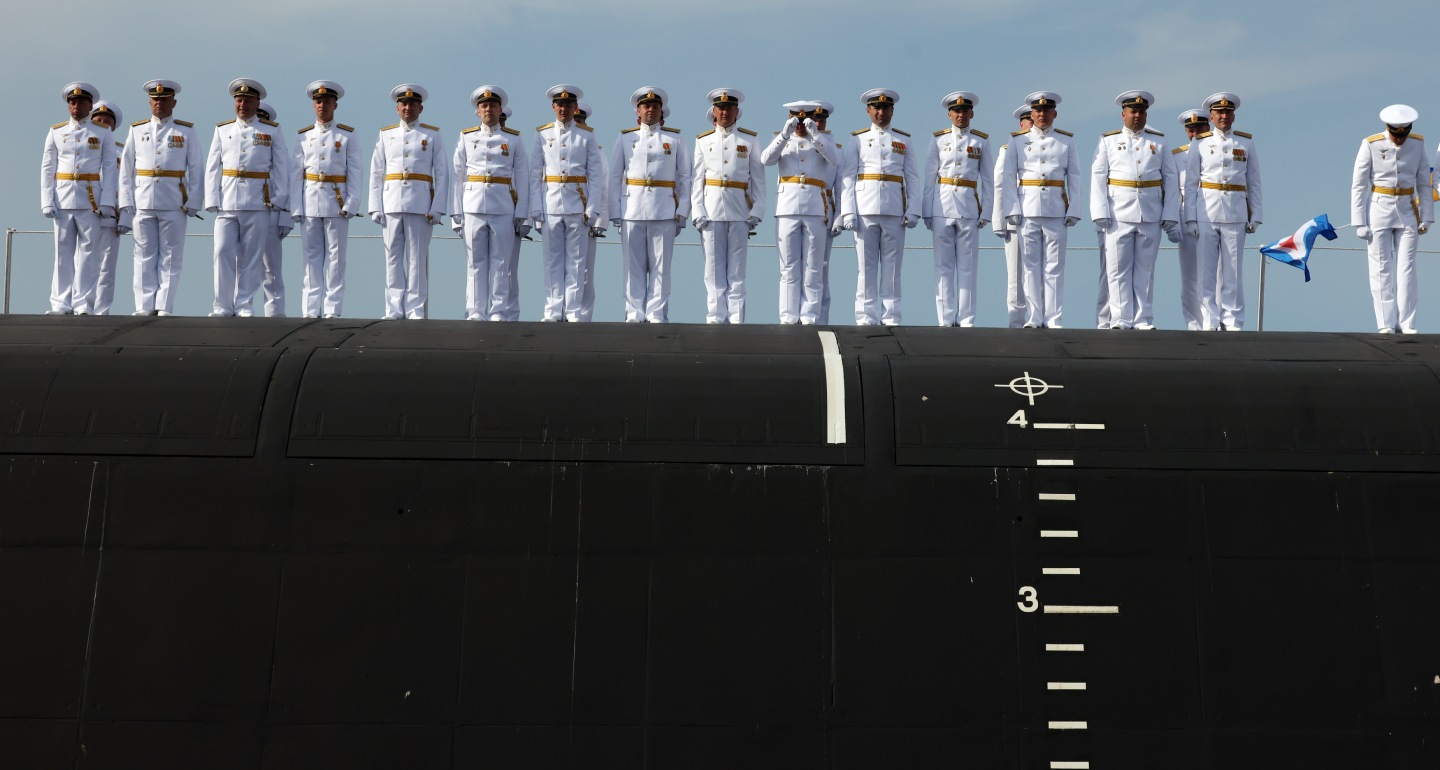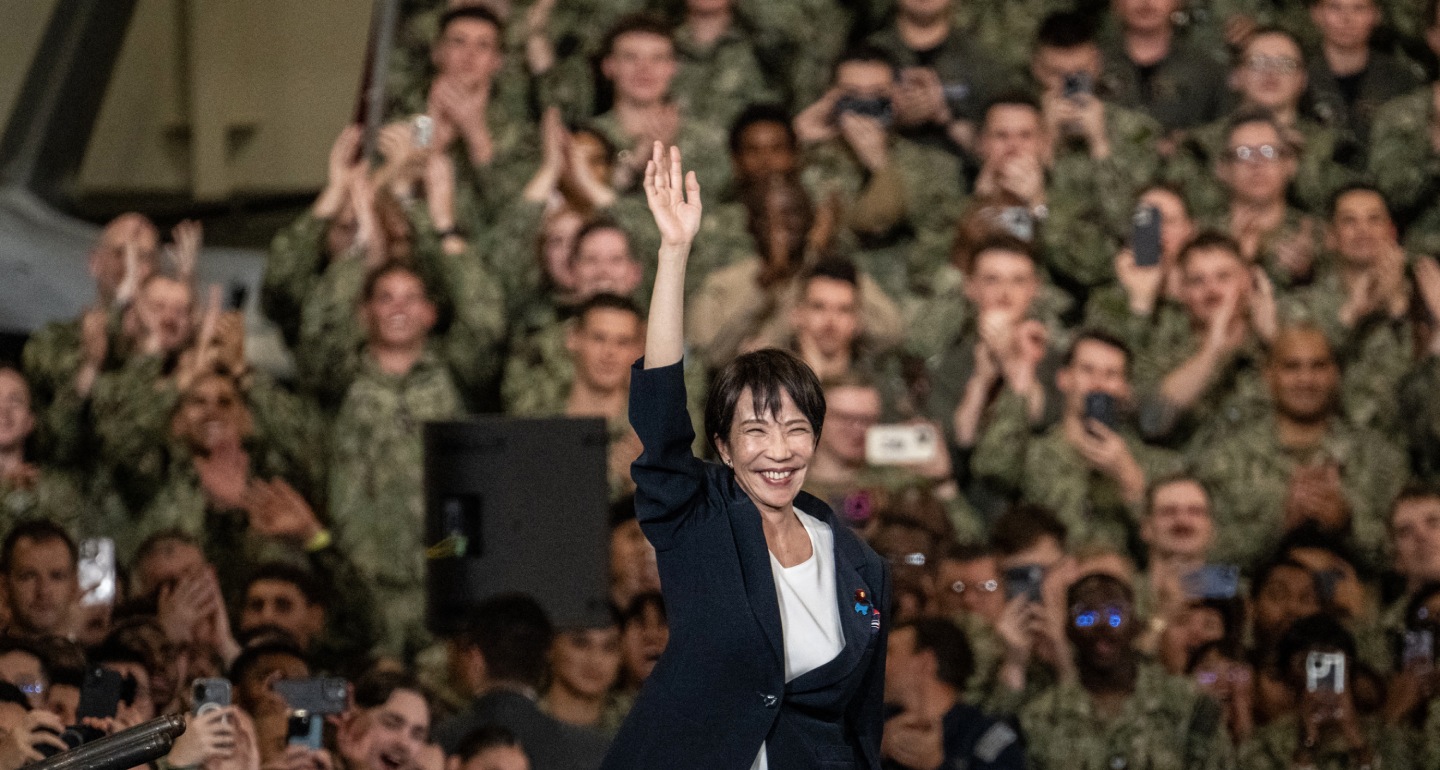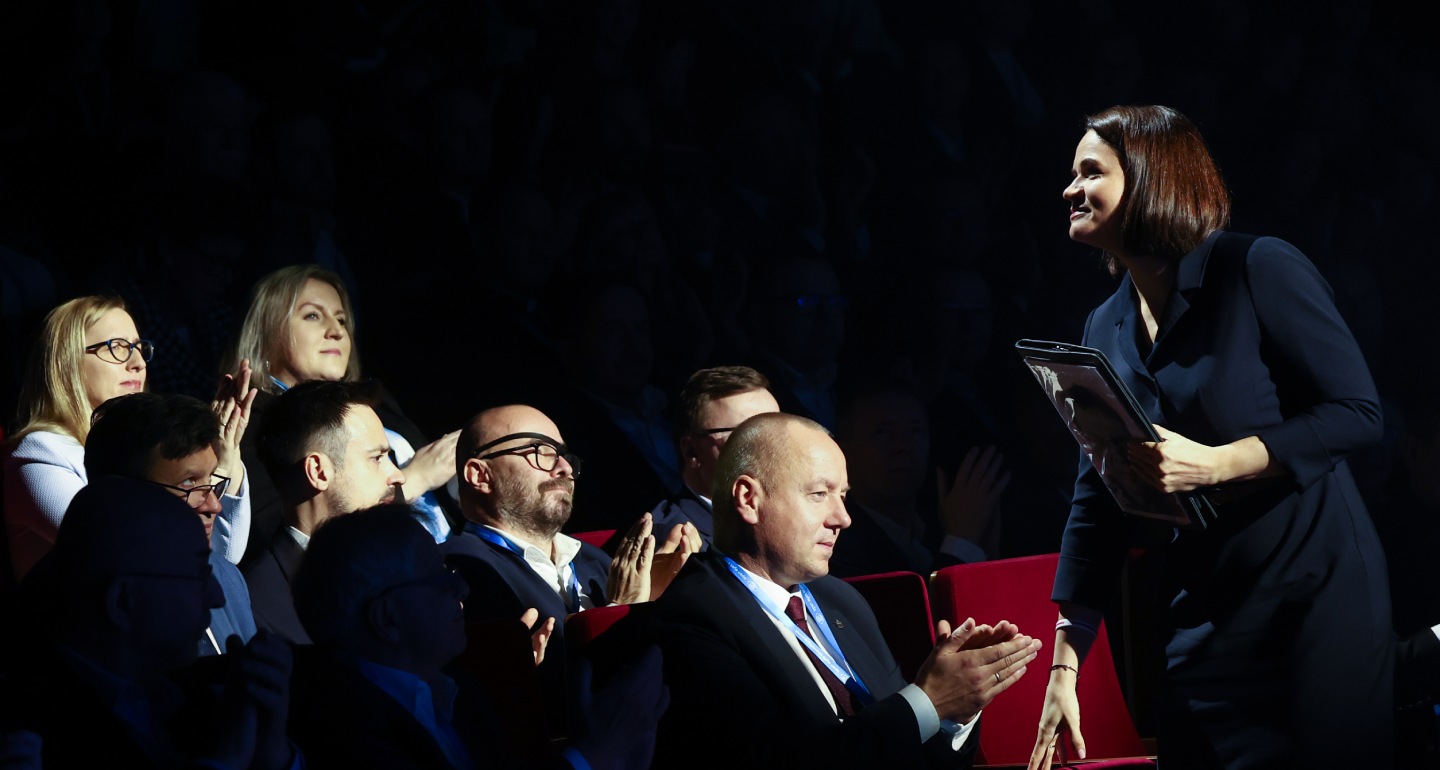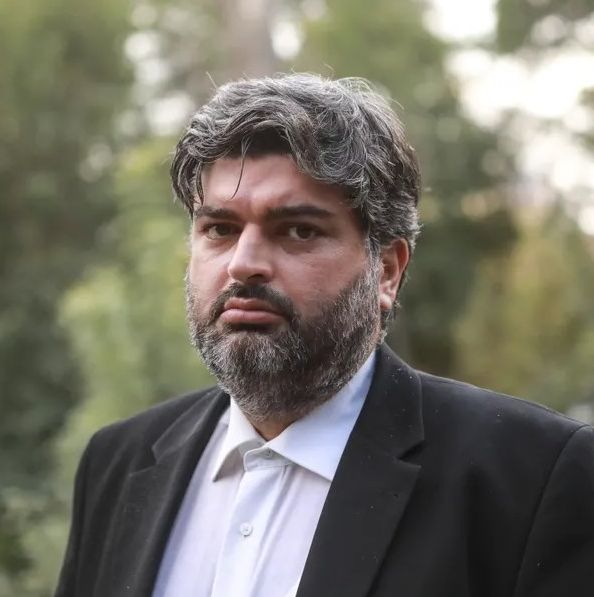The ceasefire agreement between Hamas and Israel overseen by U.S. President Donald Trump and signed in Egypt on October 13 is a net loss for the Russian regime.
For two years, the war in Gaza was the perfect distraction from Russia’s war against Ukraine, and helped to displace the latter from headlines and discussions. In addition, the tense divide in public opinion around the world over the war between Israel and Hamas played into Russia’s hands by giving rise to the belief that perhaps the Ukraine-Russia conflict is equally nuanced, and neither side is completely in the right. Now that there is a ceasefire in Gaza, people all around the world are once again remembering Russia’s invasion of Ukraine.
The second difficulty for Russia created by the Middle East agreement is that it undermines the regime’s beloved theory that the world is transitioning from a defective and obsolete international order into chaos, where it’s every country for themselves, and there are no globally significant authorities or recognized intermediaries. But out of this chaos, a new and better order is emerging.
Ever since the full-scale invasion of Ukraine in February 2022, those loyal to the Russian regime had taken it upon themselves to prove that Russia is not doing anything that others hadn’t done before it, and that it was only being criticized out of pure Russophobia.
In reality, since that time—in fact, since the fighting began in 2014—Russia has been the main beneficiary of global chaos. It is the only country in the world to recognize the Taliban government in Kabul and to have established diplomatic relations with it. From the very beginning, Moscow hailed the Taliban’s capture of Kabul as an example of local forces ousting an alien Western power and decentralizing the global order. Russia has also supplied weapons and intelligence to the Houthis, helping them to keep threatening the vital maritime trade route between Asia and Europe. Moscow effectively supported the 2023 military coup in Niger as an act of anti-colonialism, and Russian mercenaries from the infamous Wagner group are active throughout Africa.
It doesn’t end there. Russia has recruited tens of thousands of North Korean soldiers into its war against Ukraine. Russian headhunters are recruiting thousands of mercenaries on every continent, in violation of national laws, including those of friendly countries. Sometimes, Moscow is the one wreaking the havoc itself, such as through the hybrid attacks in NATO airspace.
During Israel’s war with Hamas, Moscow contacted both sides in turn. It did not put pressure on them to agree to a ceasefire, but rather suggested that whichever side it was meeting with at the time was in the right, and that the West was to blame for everything.
Russia also made rhetorical use of other conflicts that flared up during this time—such as between India and Pakistan, Cambodia and Thailand, and the fighting in eastern Congo—to denounce the West and the old world order.
Armed conflicts anywhere in the world—though most were nothing approaching Russia’s openly aggressive war against Ukraine—served as evidence for Moscow’s official theory of international relations, which is essentially that the world order formed after Russia stopped being the world’s second superpower has shown itself to be untenable, and since the West is “clinging onto hegemony,” it must be shattered by force, which Russia is doing in Ukraine with the support of some other states elsewhere. This theory has no room for sympathy for the victims, and no regret for any destruction and lost development. It is a revolutionary ethic, in which any tragedy is welcomed as an essential step in the shattering of the world order.
The Gaza ceasefire agreement calls into question the Kremlin’s theory of the world as a “creative space for foreign policy.” After all, the deal came about through traditional means and with traditional mediators. The Kremlin, meanwhile, had to indefinitely postpone its Russia-Arab World Summit to avoid a scheduling clash and getting into a direct competition with Trump’s initiative.
That is Moscow’s third problem. In recent years, especially since the start of the full-scale war with Ukraine, the Kremlin has been promoting the fragmentation of the global order under the not particularly original slogan “local solutions to local problems.” The ideal example was considered to be the Astana format aimed at developing a Syrian peace settlement, in which Turkey, Iran, and—less expectedly—Russia, as an important Middle Eastern player, would decide how to deliver peace to Syria, periodically bringing others into the conversation—but crucially, without the traditional Western mediators of America and Europe.
Even the way in which Azerbaijan and Turkey resolved the Karabakh issue, with Putin merely coming out for the curtain call, was overall in keeping with this theory and suited Moscow. The main thing, once again, was that it did not involve the West.
Russia’s simultaneous insistence on centralized conflict resolution—specifically, that the UN should have been responsible for everything—in no way contradicted its path toward fragmentation. After all, the practical weakness of the UN was precisely what made it possible to divide countries into regional and group clusters.
The Gaza agreement disproves Moscow’s theory. The main peace broker was none other than Washington, which Moscow had officially written off due to the West’s supposed fading importance in the eyes of the flourishing Global Majority. And to top it all off, it happened on the watch of an extremely idiosyncratic and contradictory U.S. president.
Thirty countries were represented at the Gaza summit in Egypt, of which nine (ten if we include Turkey) were Western. Neither Russia nor China were there, and nor were Brazil and South Africa, leaving only India to represent the BRICS group. While the Global South was represented by a few pairs of states that Trump would say he has already reconciled (Armenia and Azerbaijan, India and Pakistan), France, Italy, the UK, and Hungary represented the “collective West,” not to mention Europe, which Trump supposedly dislikes.
The composition of the delegations makes it painfully clear that Moscow has nothing to offer those in need except bellicose anti-Western rhetoric and now semi-legal oil. It doesn’t even have many weapons to spare for export these days. This is all at odds with Moscow’s aspirations to be if not the leader, then at least the main spokesperson for the Global South.
The fourth and final problem is that Trump successfully forcing a ceasefire between notorious sworn enemies and getting both sides to make concessions only highlights Putin’s intransigence and his lack of competence and reason as a global player with major responsibilities. Combined with Trump’s other real and imagined peace-broking successes, Putin’s embittered stubbornness has completely destroyed the game that Russian strategists have smugly been playing for the last six months.
Predictably, just a few days after the Gaza agreement was signed, Trump—still riding high on his success—decided to try once again to end the war that “would not have happened if he were president.” Another phone call with Putin (the eighth since Trump returned to the White House) was held, a meeting with Ukrainian President Volodymyr Zelensky was announced, and even a second U.S.-Russian summit. In the wake of the Gaza agreement, Putin will find it more difficult at the upcoming summit to evade attempts to force peace.

